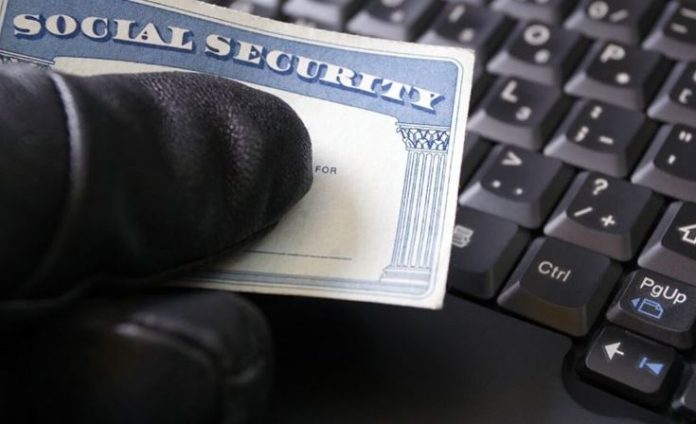The freedom of retirement is a joyful thing, but there are quite a few things to be wary of. Learn more about how to protect seniors from identity theft here!
Those over 60 years old need to be careful. Not just for health concerns, but also in the realm of general safety. When it comes to identity theft, however, seniors tend to be even more at risk. There are many different types of identity theft to be wary of, and below we’ll discuss how to protect seniors from identity theft. Follow these tips to ensure safety for you and your loved ones!
Shred Your Documents
You may be tempted to hold onto all those old statements and healthcare records, but that can put you in quite a dangerous position. Papers with any personal information should be shredded before being tossed. This will make it harder for identity thieves to take advantage of you.
Don’t Share Information via Phone
We can’t make this simpler—hang up the phone. Those people saying they’re the IRS or some other organization that needs your credit card information or your whole social security number aren’t verified—do not give them any information. Scammers can make it seem like the number really is the IRS and the like, but those government agencies will only contact you through postal mail.
Monitor Bank and Credit Card Statements
In that same vein, regularly check your bank, credit cards, and other statements. Look for unfamiliar transactions and other abnormalities. The more often you check, the better chance you have of catching someone trying to take advantage of you.
Understand Safe Email Practices
Just like you shouldn’t share personal information on the phone, you shouldn’t share information via email. It’s the same general idea—government organizations aren’t going to ask for financial and personal information over email. Phishing attacks trick you into believing these messages come from trusted sources but really, they’re just trying to steal your personal information. Avoid those email scams, and trust your gut—if it seems false, it probably is.
Use Direct Deposit
Our last tip is quite simple—use direct deposit. You may feel more comfortable getting those paper statements, but those are a surefire way to get your identity stolen. Have Social Security and any other benefit checks deposited right into your bank account. It makes it easier for you and it’s much safer than the paper alternative.
These are just a few basic tips on how to protect seniors from identity theft. The sooner you and your loved ones implement these, the safer you’ll be. Protect yourself and stay away from phishers!


























